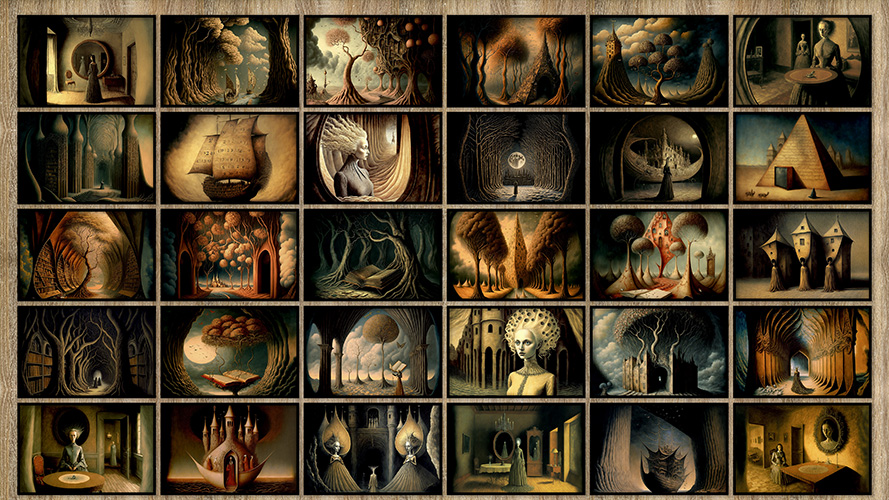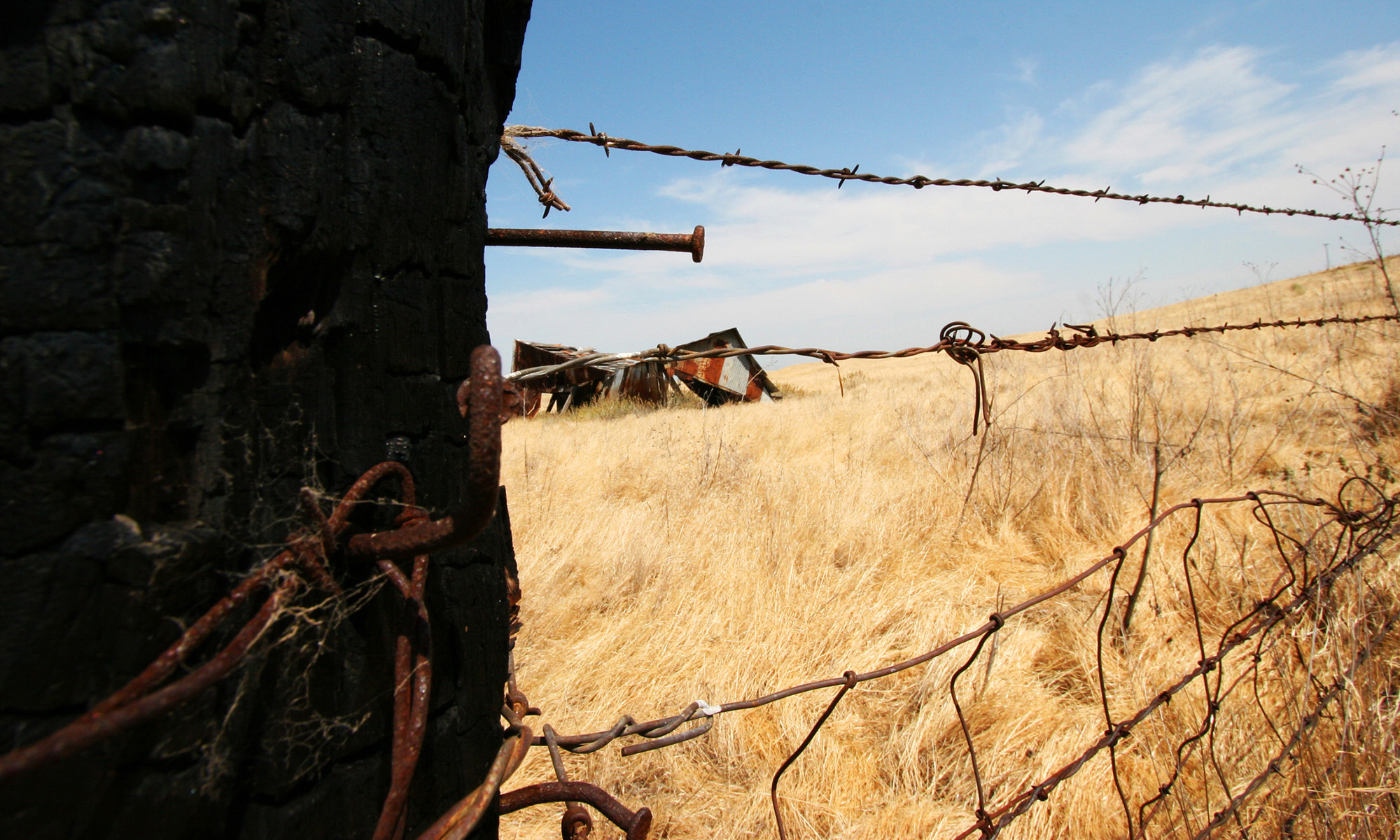desk, n.
Forms: Also Middle English–1600s deske, (Middle English–1600s desque, 1500s dexe, dext), 1500s–1700s Scottish dask.

Etymology: Middle English deske, apparently immediately < medieval Latin desca ‘cum descis et scamnis, et aliis ornamentis’ (c1250 in Du Cange). The latter is to be referred ultimately to Latin discus (also used in medieval Latin in the sense ‘table’), of which the regular Romanic form remains in Italian desco ‘a deske, a table, a boord, a counting boord; also a forme, a bench, a seat, or stoole’ (Florio). Probably from this Italian desco, the medieval Latin desca (feminine) (like mensa, tabula) was formed.
Desk was in no way actually connected with dish , Old English disc , Middle English disch , although Old English disc , West Germanic disk , was itself an ancient adoption of Latin discus . The Old French representation of Latin discus , Romance desco , Provençal des , was deis , English dais n. Thus dais, desk, dish, disk, all originate in the same word.

